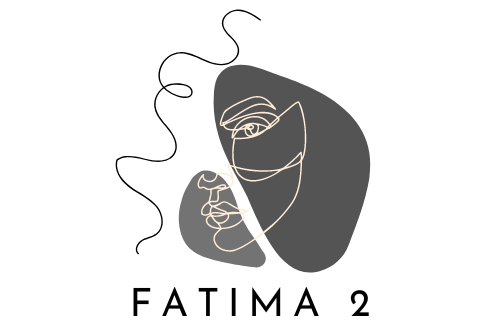The FATIMA2 project is on a mission to transform communities by preventing honor-related violence against women through innovative social impact projects and peer learning led by young men. Since its launch, FATIMA2 has been making significant strides in engaging men and boys in non-formal educational programs designed to shift attitudes and behaviors in communities where women are most vulnerable. A key highlight of this journey is the series of expert seminars aimed at sharing cutting-edge practices and insights. The recent 2nd Expert Seminar, held on July 15, 2024, was a remarkable milestone in this effort.
Hosted by Rinova, the seminar on “Good Practices for Intercultural Communication” brought together an impressive lineup of speakers who captivated the audience with their expertise and inspiring stories. The event kicked off with a warm welcome and a brief overview of the FATIMA2 project, setting the tone for an enlightening and engaging session.
The first speaker, Wajahat Abbas Kazmi, a celebrated film director, journalist, and human rights activist, set the stage with his powerful talk on social inclusion and migrant women empowerment. Kazmi’s narrative was both moving and motivating as he emphasized the critical need for creating supportive environments that foster inclusion and equality for migrant women. His real-life examples and passionate delivery left a lasting impression on the audience.
Next, Amandine Bineau, a dedicated project manager at the Paris Observatory on Violence against Women, took the floor to discuss effective practices and tools for intercultural communication. Bineau’s presentation was packed with actionable insights and practical tools for raising awareness about gender-based violence. Her emphasis on the importance of understanding cultural nuances and fostering open communication was both enlightening and practical, providing attendees with valuable strategies to implement in their own communities.
The seminar continued with a compelling talk by Oktay Serif, a senior expert in the Social Policy Department of the Municipality of Plovdiv, Bulgaria. Serif highlighted successful practices in delivering social services to Roma communities, focusing on the unique needs of people and children of Roma origin. His presentation was rich with practical examples and showcased the critical role of tailored social services in making a tangible difference. Serif’s insights into community-specific strategies were particularly resonant, illustrating the impact of well-designed interventions.
For those who missed the live event or wish to revisit the inspiring talks, a detailed recap and recorded session are available at FATIMA2 Events. The FATIMA2 project continues to pave the way for positive change, and future events promise to bring even more insights and opportunities for engagement.
Save the date for future events and stay engaged in the fight against gender-based violence!
The FATIMA2 project has been co-financed by the EU CERV-2022_DAPHNE programme. Its contents and
materials are the sole responsibility of its authors. The European Commission cannot be held responsible for any
use, which may be made of the information contained therein. (Funding ref. 101095877)
